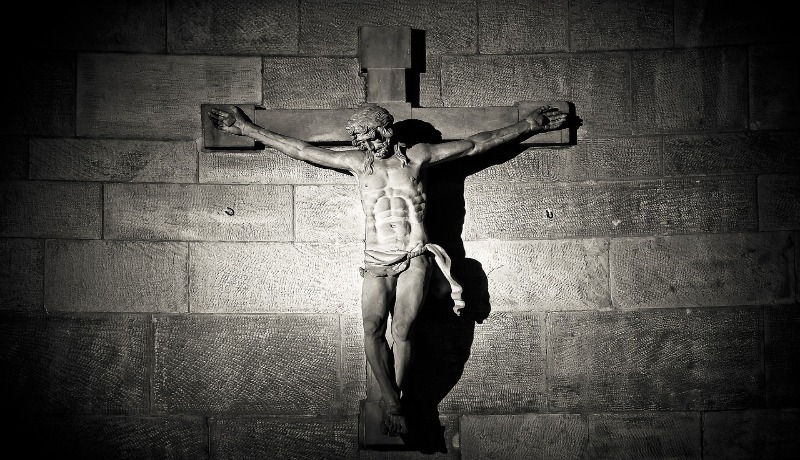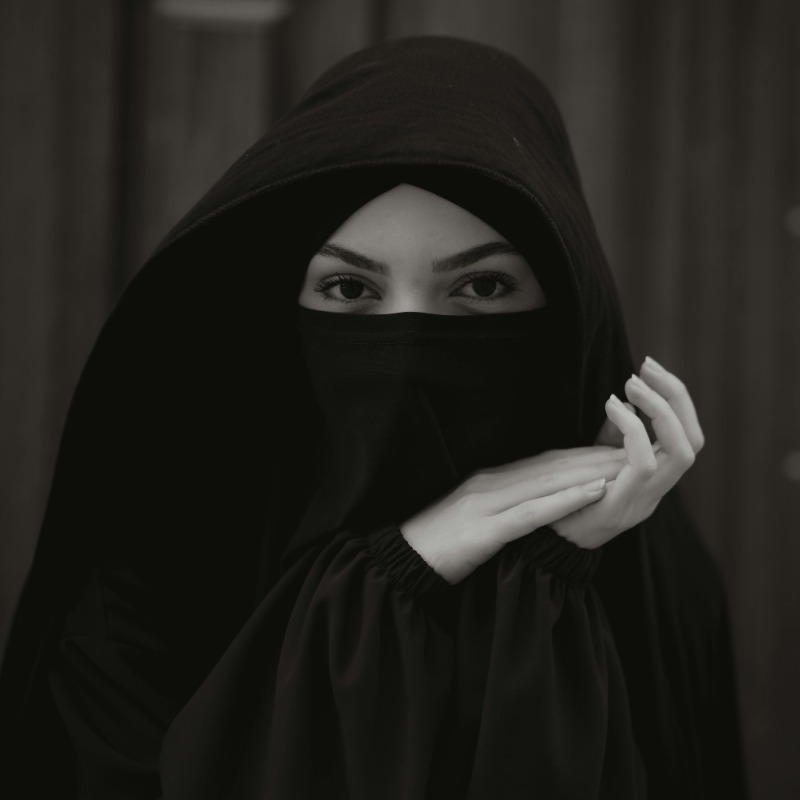

The celebration of Christmas is one of the most significant cultural and religious events in the Christian world, marking the birth of Jesus Christ. For Muslims, while Christmas is not observed as a religious holiday, it holds a unique significance due to the Islamic reverence for Jesus (peace be upon him), known as Isa in Arabic, and the shared values of compassion, family, and generosity that resonate with Islamic teachings.
Jesus in Islam: A Revered Prophet
In Islam, Jesus (peace be upon him) is one of the greatest prophets of Allah. The Qur’an highlights his miraculous birth, his life, and his role as a messenger sent to guide the Children of Israel. Muslims honor Jesus as a righteous servant of Allah but do not regard him as divine or the son of God, as in Christian belief.
The Qur’an provides an account of Jesus’ birth in Surah Maryam (Chapter 19). It describes how Mary (Maryam), a chaste and devout woman, miraculously gave birth to Jesus by the will of Allah. The miraculous nature of his birth is celebrated in Islam, not as a specific event or holiday, but as part of the acknowledgment of Allah’s power and wisdom.
Islam’s Perspective on Christmas
Christmas, in the Christian tradition, commemorates the birth of Jesus Christ and celebrates his role as the Savior. While Muslims do not observe Christmas religiously, there is an appreciation for its emphasis on goodwill, charity, and community—values that are integral to Islam as well. However, from an Islamic perspective:
- No Specific Date for Jesus' Birth: Islam does not specify the date of Jesus’ birth, and many Islamic scholars believe it is unlikely to have occurred on December 25th.
- Avoidance of Religious Assimilation: Muslims are encouraged to respect other religions while maintaining the integrity of their own beliefs. This means that while they may acknowledge the significance of Christmas for Christians, they do not partake in its religious practices.
- Belief in Tawhid (Oneness of God): Islam emphasizes the belief in the oneness of Allah. Associating divinity with anyone, including Jesus, is seen as incompatible with Islamic teachings.
Muslim Engagement with Christmas
Muslims living in multicultural societies often navigate the festive season with a sense of balance. While they may not celebrate Christmas as a religious holiday, they often participate in non-religious aspects, such as:
- Spending Time with Friends and Family: Many Muslims view Christmas as an opportunity to connect with loved ones, reflecting Islam’s emphasis on family ties.
- Acts of Charity: The Christmas season’s focus on giving and charity aligns with Islamic teachings, as Muslims are encouraged to help the poor and needy throughout the year.
- Cultural Acknowledgment: Muslims often exchange greetings, such as “Merry Christmas,” with their Christian friends and neighbors, as a gesture of respect and goodwill.

Shared Values Between Islam and Christianity
The festive season also provides an opportunity to reflect on the shared values between Islam and Christianity:
- Reverence for Jesus and Mary: Both religions honor Jesus and Mary. Mary is mentioned more in the Qur’an than in the New Testament, and she is regarded as one of the most virtuous women in Islam.
- Charity and Compassion: Both faiths emphasize caring for the less fortunate, especially during significant religious seasons.
- Family and Togetherness: The importance of family, community, and togetherness is a cornerstone of both traditions.
Conclusion
For Muslims, Christmas is not a religious holiday but an opportunity to reflect on the life of Jesus (peace be upon him) and the shared values of compassion, charity, and love for humanity. By fostering respect and understanding, Muslims and Christians can celebrate the season in a spirit of mutual goodwill, emphasizing the commonalities that unite them while appreciating their differences.
The dialogue around Islam and Christmas highlights the importance of interfaith understanding, showing that even in diversity, there is room for shared humanity and harmony.
By: Editorial Board









